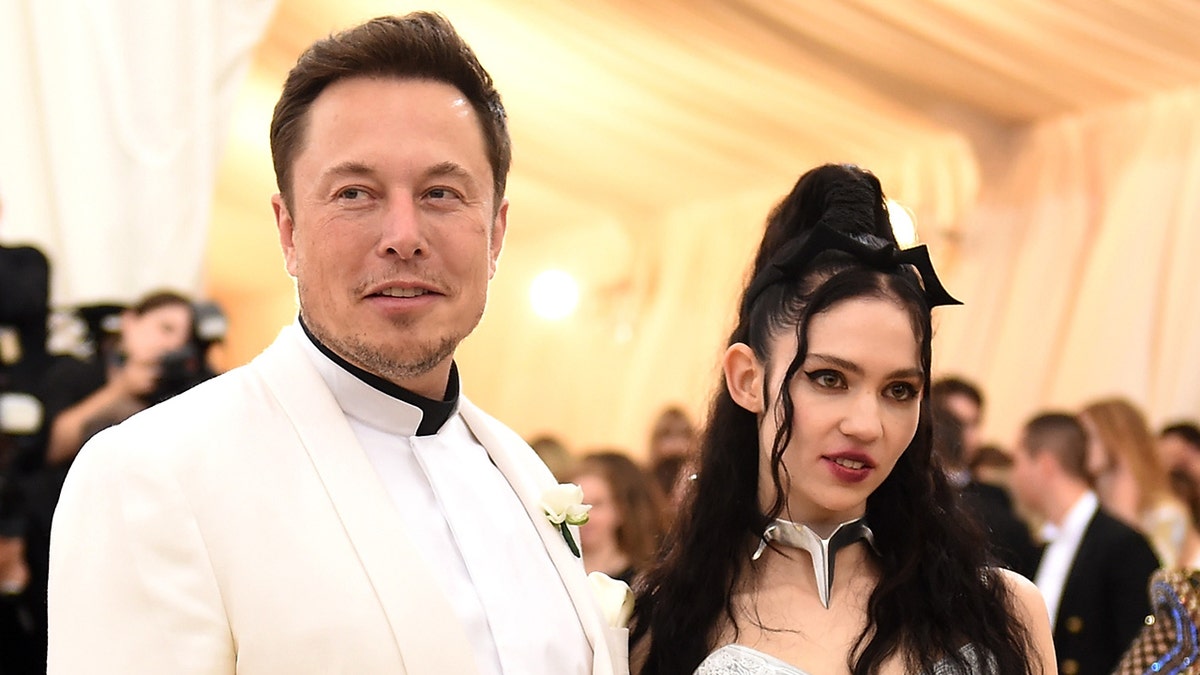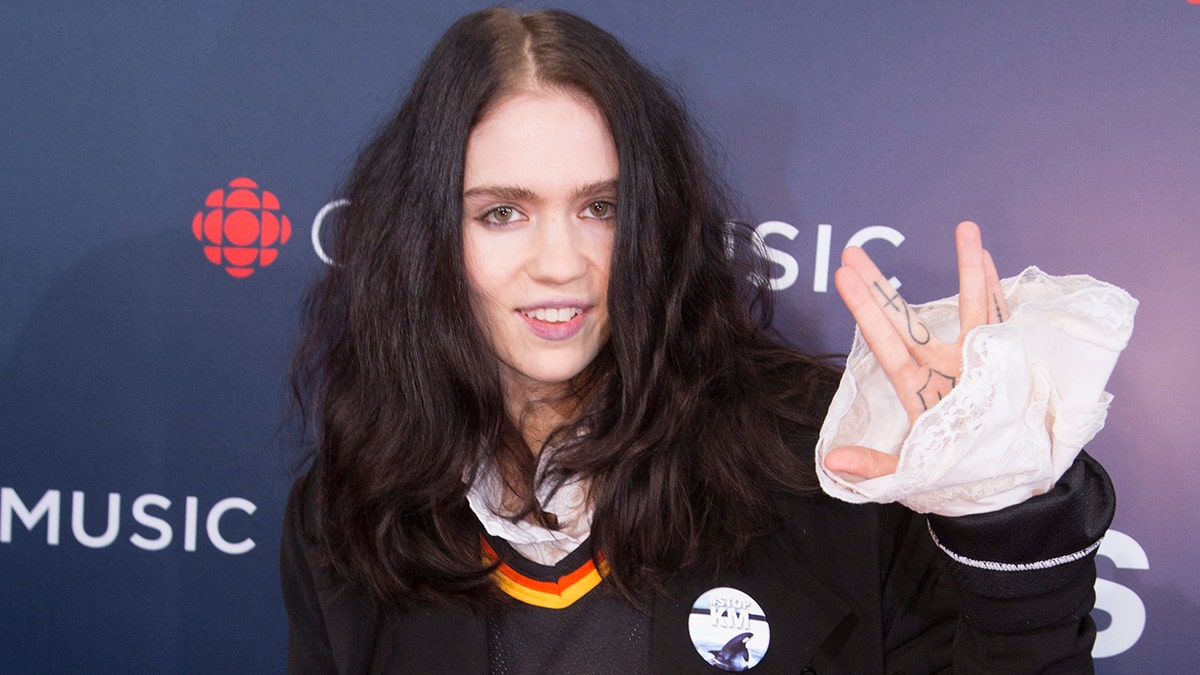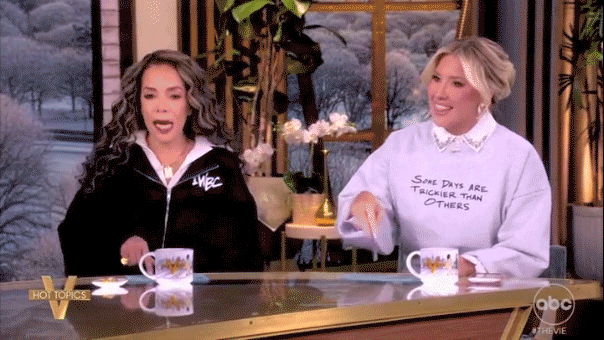AI generated music by Drake, Grimes rattles industry
Duke law and philosophy professor and author Nita Farahany says the challenge for humans with quickly developing artificial intelligence is the ethical and legal constraints around it.
As controversy swirls around the use of famous artists' vocals for AI-generated music, Grimes seems to be embracing the use of artificial intelligence in the music industry.
In a tweet Sunday, the 33-year-old Canadian singer, whose real name is Claire Elise Boucher, said she is happy to have her voice featured on AI-simulated music tracks as long as she is compensated with royalties for successful songs.
AI-GENERATED SONG USING DRAKE AND THE WEEKND VOCALS GOES VIRAL, RAISING LEGAL CONCERNS
"I’ll split 50 [percent] royalties on any successful AI generated song that uses my voice," Grimes, who shares two children with Elon Musk, tweeted. "Same deal as I would with any artist i collab with. Feel free to use my voice without penalty. I have no label and no legal bindings."
Grimes made the offer in response to a headline about a fake AI generated Drake and Weeknd song "Heart on My Sleeve" that went viral over the weekend and was uploaded to Spotify. The song, which used the stars' vocals and was created by a TikTok user utilizing AI software, prompted significant questions about copyright, compensation and the mounting legal implications of AI's role in music creation.
While Drake had no comment on this new single, he previously shared his thoughts about AI on Instagram.
"This is the final straw AI," he shared when an AI-generated clip of him singing Ice Spice's "Munch (Feeling You)" surfaced.
AI MUSIC WILL BRING UNCHAINED MELODIES TO YOUR EAR

Elon Musk and Grimes attend the Heavenly Bodies: Fashion & The Catholic Imagination Costume Institute Gala at The Metropolitan Museum of Art on May 7, 2018 in New York City. (Photo by Jason Kempin)
A prominent record label, Universal Music Group (UMG), also came out against AI-generated music using established musicians' voices. The company, one of the three largest in the world, reportedly sent a letter to Spotify and Apple Music requesting the streaming services prohibit AI companies from accessing music libraries.
Nita Farahany, a leading scholar on the ethical, legal and social implications of emerging technologies, told Fox News on Monday that AI tools in music raise concerns about the role of human creators and the ethical challenges of computer-generated art.
CLICK HERE FOR FOX NEWS' FULL COVERAGE OF AI
"I think one of the real challenges for us in the days ahead is not just whether or not somebody like Grimes is willing to enter into it, but how do we begin to think about things are created by AI?" Farahany said on "The Story. "Can AI be an author? Is AI a co-author? Is AI an artist? Is the art that is created in fact art? Are we going to be able to tell the difference between what is real and what is not real? And how our brains be able to detect those differences. What is the role of creators and humans going forward? I think a lot of these technologies are progressing so rapidly and so much faster than people can even keep up with the ethics and constraints and safeguards around it.'

VANCOUVER, BC - MARCH 25: (L-R) Grimes attends the red carpet arrival at the 2018 Juno Awards at Rogers Arena on March 25, 2018 in Vancouver, Canada. (Photo by Phillip Chin)
As for the legal implications of AI using copyrighted material to produce music, Farahany, who authored "The Battle for Your Brain: Defending the Right to Think Freely in the Age of Neurotechnology," said it can be "very challenging" to hold the software accountable but believes creating a structure that would compensate artists for use of their content or voices is possible.
CLICK HERE TO GET THE FOX NEWS APP
"A lot of the tools for ChatGBT and generative AI have been trained on a huge amount of what is copyrighted material," she said. "Whether that is for creating songs or creating books and stories. ..?," she said, before adding "It’s impossible for us to really stop the progress in this technology. The question is just how do we harness it for good."
Fox News' Lauryn Overhultz contributed to this report.









































